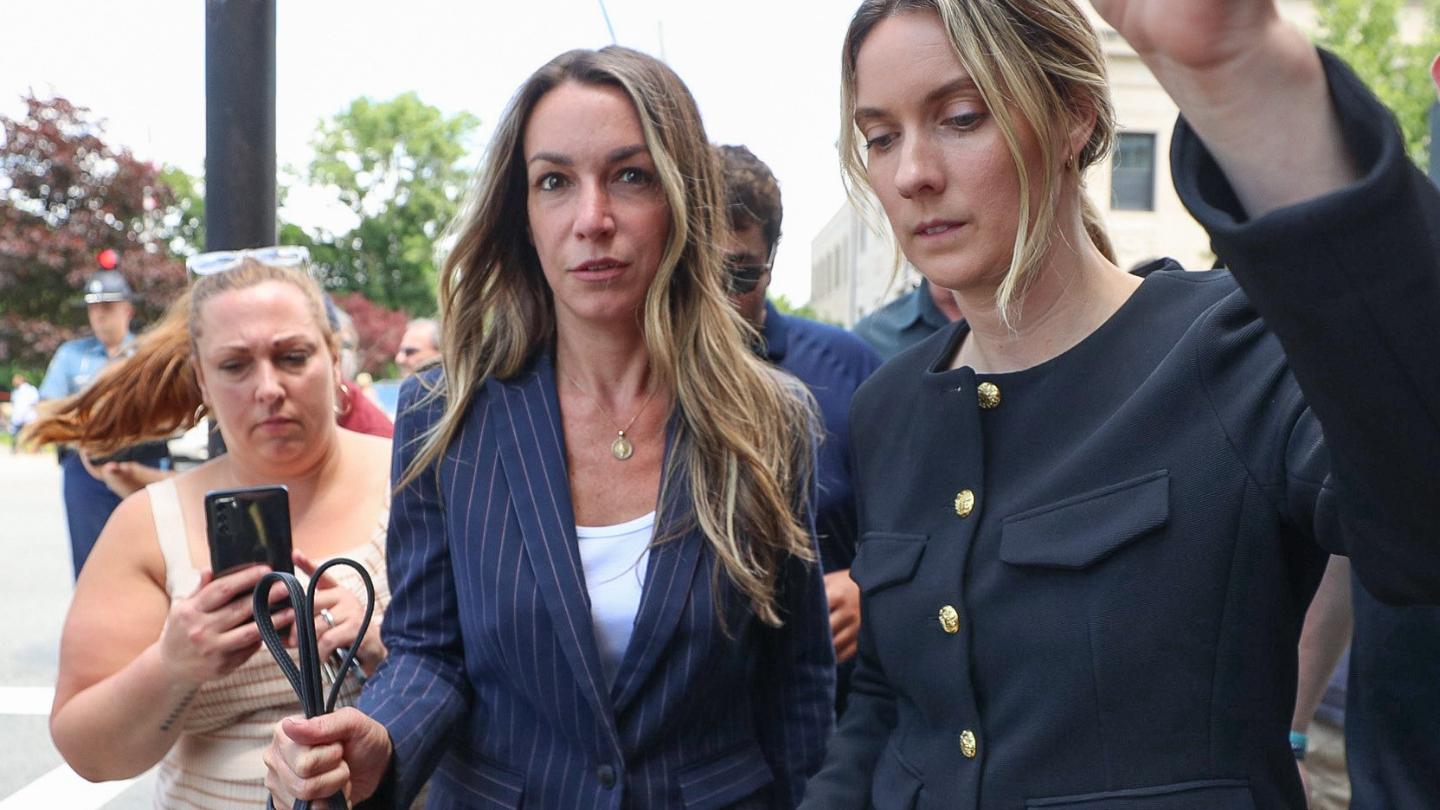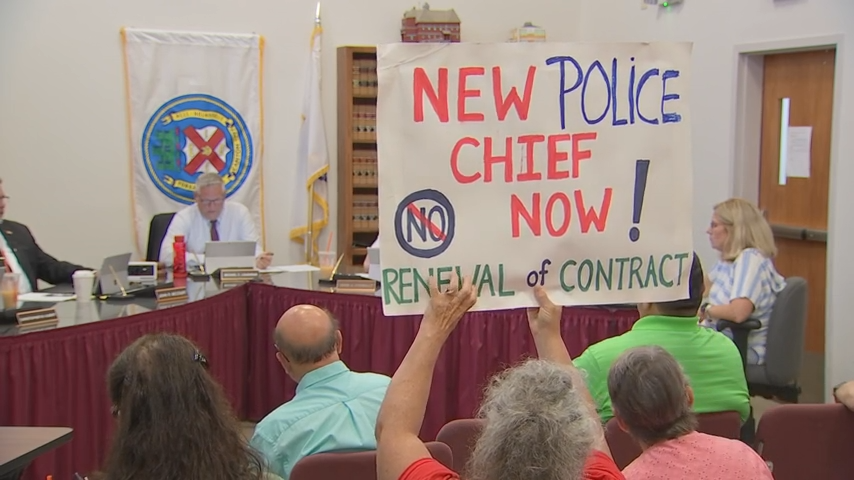Jurors in the murder trial of Karen Read, accused of striking her Boston police officer boyfriend with her SUV, are currently deliberating her guilt or innocence on three separate charges.
Prosecutors said Read struck John O’Keefe with her vehicle and then left the scene in January 2022, leaving him unconscious in the snow after a night of bar hopping. He was found unresponsive hours later outside the Canton home of another Boston police officer who was hosting a party.
WATCH ANYTIME FOR FREE
>Stream NBC10 Boston news for free, 24/7, wherever you are. |
Read’s lawyers argued that she was framed. They contend O’Keefe was dragged outside after he was beaten in Brian Albert’s home in Canton and bitten by Albert’s dog. The defense said investigators focused on Read because she was a “convenient outsider” who saved them from having to consider other suspects
Let's break down the charges against Read, and what it will take in order for jurors to find her guilty:
Get updates on what's happening in Boston to your inbox. Sign up for our >News Headlines newsletter.
The first and most serious charge Read is facing is murder in the second degree. To be found guilty, the commonwealth must prove beyond a reasonable doubt that:
- Read caused O'Keefe's death;
- Read either intended to kill O'Keefe or intended to cause grievous bodily harm to O'Keefe or intended to do an act which, in the circumstances known to her, a resonable person would have known created a plain and strong likelihood that death would result.
The second charge is manslaughter while operating a motor vehicle under the influence of liquor. To be found guilty. the commonwealth must prove beyond a reasonable doubt that:
- Read operated a motor vehicle;
- Read did so on a public way or in a place where the public has a right of access or in a place where members of the public have access as invitees or licensees;
- That while operating a motor vehicle, Read was under the impact of intoxicating liquor;
- That while operating a motor vehicle, Read did so recklessly so that the lives or safety of the public might be endangered;
- That Read's act(s) caused the death of another person.
The third and final charge Read is facing is leaving a scene of personal injury and death. Again, the commonwealth must prove beyond a reasonable doubt that:
- Read operated a motor vehicle;
- It occurred on a public way, or in ap lace where members of the public have access;
- Read did knowingly collide with O'Keefe.
Morjieta Derisier, criminal defense attorney with Baystate Law Group, said she thinks it will be difficult for jurors to arrive at a guilty verdict on any of the three charges because intent must be proven.
"So with second degree, and this is coming from a defense attorney, you have to prove intent, and I think that's going to be the hardest battle they have here is proving she intended to do this," she said. "And not only that, they need to prove every element of second degree murder, and I think they're going to have a hard time doing that, especially with intent."
On the manslaughter charge, Derisier sees similar issues. "Same thing -- you have to look at the other elements that point toward intentional action of reckless behavior. All of the counts have that intent. You have to prove Karen did so and knowingly did so. It's going to be really tough."
Even on the leaving the scene charge, she thinks jurors will have a hard time reaching a guilty verdict.
"I also think again, there's a knowing element," Derisier said. "One of the instructions in ther has a knowing element. It can't just be one of them. It has to be all three of them."
If convicted of second-degree murder, the charge is punishable by life in prison with the possibility of parole. The manslaughter charge is punishable by five to 20 years and leaving the scene of the accident up to 10 years.
Could there be a hung jury in the Karen Read trial?
As for whether there could be a hung jury -- where one juror is not willing to budget -- she said she doesn't think that will happen in this case.
"Listening to how the jurors have been behaving, I think they're all in a consensus, but I don't know what that consensus is yet," Derisier said.
The Associated Press contributed to this report.




